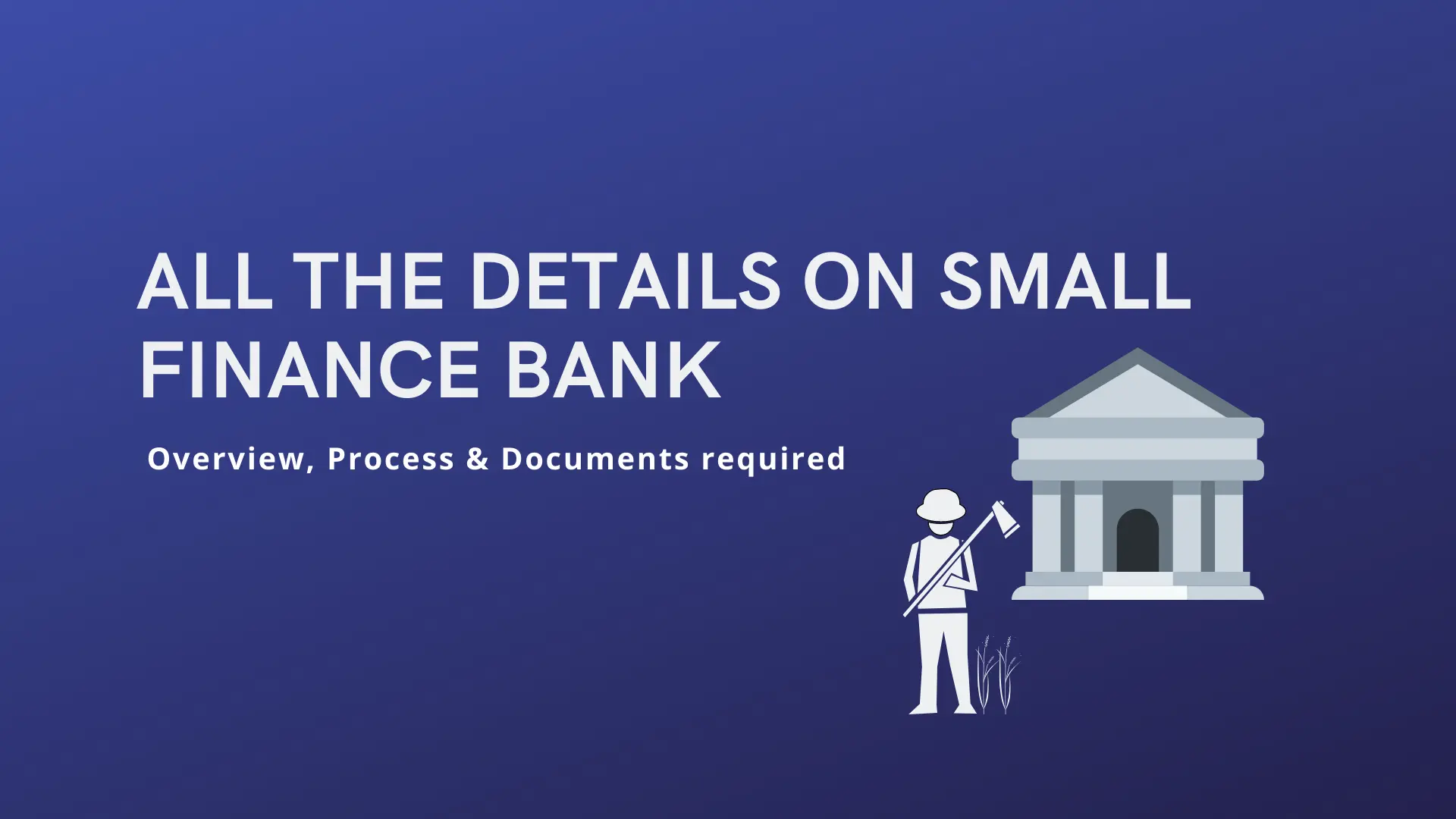

How Do You Choose Isolated AC DC Power Converters?
The converter is one of the most important and most complex components in the energy system. To choose an AC DC converter, you have to understand its inner functions. Along with this, you should know some basic limitations, capabilities, and functions. This blog gives you some vital information you will need to choose the right converter.
• Why do you need an AC DC converter?
The electric energy systems depend on the AC DC converter. It varies in size. It is used in military and medical applications, home and yard lights etc. These standard Australian power products are also used in emergency backup systems, portable devices, and mobile devices. It supplies you the alternating current. It converts the AC to DC and helps to flow in a single direction. It is used in various services and it is reliable for long distance communication.
This device converts AC to DC and also changes the voltage. In other words, it allows the system to run through home wiring. There are ways to use this DC. In our modern lifestyle, you will need a converter to control the load of the current.
• It has a complex design:
The converter looks like a box which has one or two switches. The modern power supplying AC DC power converters must have a wide range of input and output ranges. The converter must be regulated that can help you in minimum power loss. Therefore, the design is not so simple. Additionally, some converters provide backup charging.
• Requirements of the converter:
To choose the converter, you should first know your needs. Then you need to learn about the converters that are available. Here is a list of the factors you should consider:
1. The environment of the application:
You should know where the converter should be used. The AC DC converters are used in portable applications, boats, vehicles and buildings. The safety standards may differ for various applications.
2. The standards of the application:
The DC input voltage of the electrical system has a longer standard for home energy systems, except for simple and small systems. The common input ranges are 24 and 48 volts. It carries less current which makes it cheaper. The converter’s AC output run with the available appliances.
3. Check the safety certification:
The converter should be certified by the testing laboratory and be stamped accordingly. This is your assurance to buy the converter. It assures you that it is safe to use. It is approved by the electrical inspection. There are different designs and standards of these waterproof Australian power products for various applications.
4. Ensure about the power capacity:
You need to make sure the capacity to load the converter can handle. You should be alert when it gets too hot; you need to shut off this at that time. Some converters are designed to be interconnected in order to increase their capacity.
5. Make sure about its efficiency:
If the efficiency is 90 per cent, you can take this. You cannot get the total power without losing some of it. The power is lost in the form of heat. The efficiency of the converter varies with the load of the converter. An average converter’s efficiency is around 50 per cent or less.
Bottom Line:
Choosing this converter is not a difficult task. You need to know where it is used. Along with this, you need to know what amount of load you are powering. You should know the maximum power that the inverter needs to handle. When you go to buy this converter, its size and weight matters.







![Top 10 Cheap Indian Press Release Distribution Services [Updated]](https://images.yourstory.com/cs/1/b3c72b9bab5e11e88691f70342131e20/LOGO-DESIGN-PR-INDIA-WIRE-03-1595693999405.png?mode=crop&crop=faces&ar=1%3A1&format=auto&w=1920&q=75)